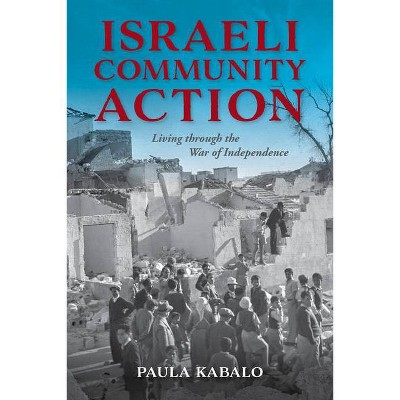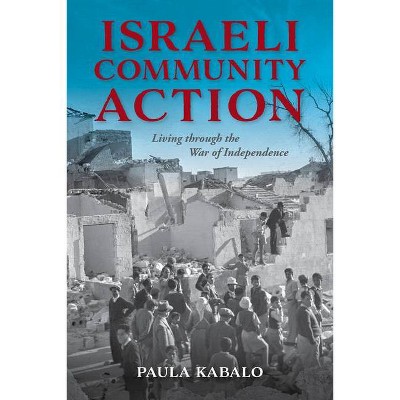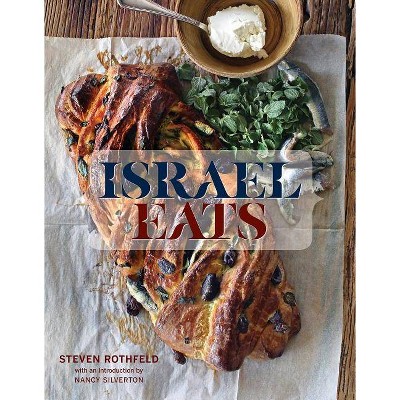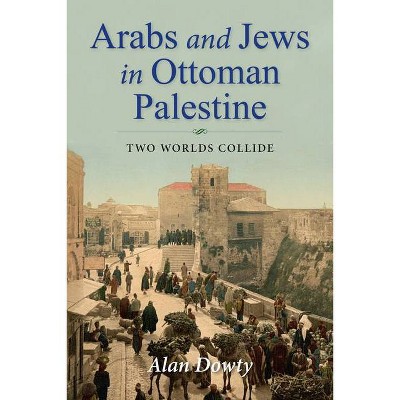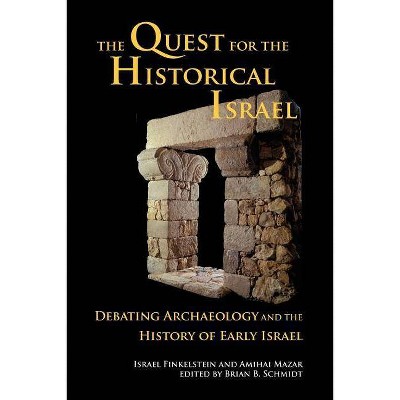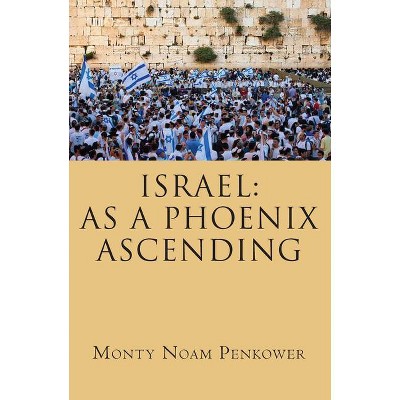Yiddish in Israel - (Perspectives on Israel Studies) by Rachel Rojanski (Hardcover)
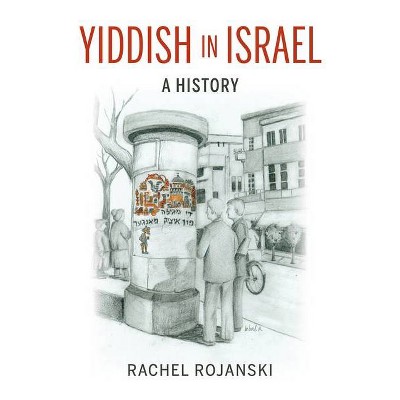
Similar Products
Products of same category from the store
AllProduct info
<p/><br></br><p><b> About the Book </b></p></br></br><p><ol> <li>This book examines the development of Yiddish in the early state of Israel, charting its tensions with Hebrew culture and the culture of the Jewish Diaspora.</li> <p> <li>The author is a senior scholar who works on Israeli history and culture.</li> <p></p> <p> <li>The book will find audiences in Israel studies, Jewish studies, Yiddish and Hebrew language studies.</li> <p></p></ol></p><p/><br></br><p><b> Book Synopsis </b></p></br></br><p><em>Yiddish in Israel: A History</em> challenges the commonly held view that Yiddish was suppressed or even banned by Israeli authorities for ideological reasons, offering instead a radical new interpretation of the interaction between Yiddish and Israeli Hebrew cultures. Author Rachel Rojanski tells the compelling and yet unknown story of how Yiddish, the most widely used Jewish language in the pre-Holocaust world, fared in Zionist Israel, the land of Hebrew.</p><br/><p>Following Yiddish in Israel from the proclamation of the State until today, Rojanski reveals that although Israeli leadership made promoting Hebrew a high priority, it did not have a definite policy on Yiddish. The language's varying fortune through the years was shaped by social and political developments, and the cultural atmosphere in Israel. Public perception of the language and its culture, the rise of identity politics, and political and financial interests all played a part. Using a wide range of archival sources, newspapers, and Yiddish literature, Rojanski follows the Israeli Yiddish scene through the history of the Yiddish press, Yiddish theater, early Israeli Yiddish literature, and high Yiddish culture. With compassion, she explores the tensions during Israel's early years between Yiddish writers and activists and Israel's leaders, most of whom were themselves Eastern European Jews balancing their love of Yiddish with their desire to promote Hebrew. Finally Rojanski follows Yiddish into the 21st century, telling the story of the revived interest in Yiddish among Israeli-born children of Holocaust survivors as they return to the language of their parents.</p></p><p/><br></br><p><b> Review Quotes </b></p></br></br><br><p>This is an important book for two reasons. First, it is a pioneering study on Yiddish in Israel, a topic that--for reasons that should be interrogated and explained--has not attracted much scholarly attention until recently. Second, the book is very well documented. It provides a wealth of information on Israeli Yiddish newspapers and journals, theater, academia, and other aspects of Yiddish and Israeli history.</p>--Shachar Pinsker - University of Michigan "AJS REVIEW"<br><p/><br></br><p><b> About the Author </b></p></br></br><p>Rachel Rojanski is Associate Professor of Judaic Studies at Brown University. She is author of <em>Conflicting Identities: Labor Zionism in North America 1905-1931</em> (in Hebrew) as well as many articles on political and cultural history of East European Jewish immigrants in the U.S. and Israel.</p></p>
Price History
Price Archive shows prices from various stores, lets you see history and find the cheapest. There is no actual sale on the website. For all support, inquiry and suggestion messagescommunication@pricearchive.us
